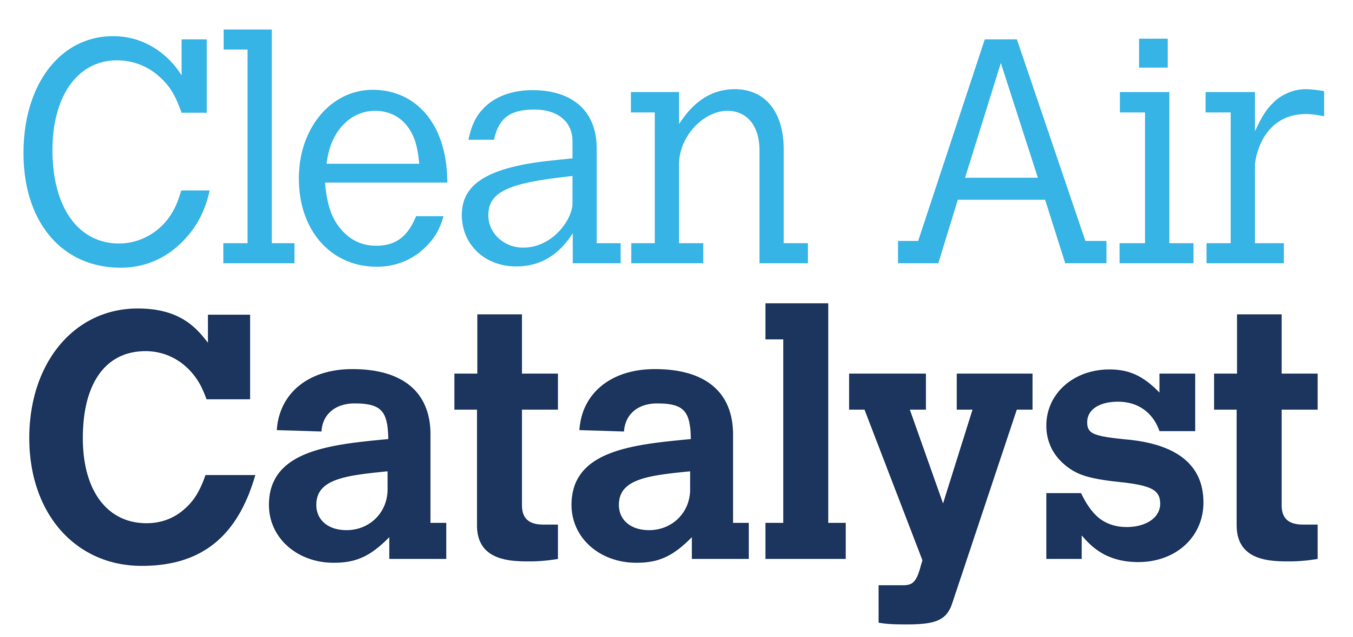Newly Released Air Quality Data Empowers Indore Communities to Take Clean Air Action
OpenAQ’s data platform is helping expand air quality data access worldwide by aggregating and harmonizing air quality data from a range of sources and sharing it in interoperable formats. Graphic courtesy of OpenAQ.
What’s new: When communities have access to high quality air pollution data, they are empowered to pursue effective action to clean up their air. Indore is better equipped than ever to take such action, now that the Clean Air Catalyst (the Catalyst) has released new air quality data on the open data platform, OpenAQ. The data release marks a significant step forward in Indore’s journey toward comprehensive, accessible, and actionable air quality data.
The release includes the first 18 months of validated data from the Catalyst’s three continuous monitoring stations, which came online in January 2023. These stations dramatically expanded the city’s existing network, taking the total number from four to seven (the city has since added four more). They track a range of key pollutants including PM2.5, carbon monoxide and black carbon (black carbon data will be released in the coming months).
Why it matters: Air pollution in the state of Madhya Pradesh, where Indore is located, decreases life expectancy by roughly three years, making it a top health threat for residents. It’s also a drain on the local economy, hurting productivity and driving up healthcare costs. Better data can help by raising awareness of the problem, strengthening the case for proactive policy action, and revealing insights that can make that action more effective.
What is OpenAQ? OpenAQ, an official partner in the Catalyst, is a global organization that’s committed to enabling communities to understand pollution levels and take informed actions to improve air quality and health. Their data platform aggregates and harmonizes air quality data from a range of sources, including government agencies, research institutions, and air monitoring companies. It then shares data in interoperable formats that can be easily analyzed and compared across applications. The platform has been used by developers, advocates, journalists, scientists, policymakers, and concerned citizens to drive clean air action worldwide. Check out this page to learn more about how OpenAQ works.
How can users access the new data? Anyone can view and download the data from each of the three stations on OpenAQ’s Explorer platform at the following links:
The platform shows historical pollution patterns at each site and allows users to download data for a select period. Developers and data scientists can query the entire set of measurements using the OpenAQ API. OpenAQ has also created a detailed documentation site that explains the platform’s technical capabilities.
How is the Catalyst’s data being used already? The data has already yielded valuable insights that are informing policy change. These insights were central to the Catalyst’s clean air solutions analysis, which helped identify transportation as the most opportune sector for clean air action. Crucially, the analysis surfaced a set of six solutions that Indore leaders can begin implementing now to deliver near-term results. Examples include expanding public transit, incentivizing electric vehicles, and revising traffic regulations to limit congestion.
How will the data be updated moving forward? The Catalyst plans to upload new data from its three monitoring stations to OpenAQ’s platform on a quarterly basis. Our team will also continue to share important insights that we find within the data via data stories and analysis.
What’s next - Turning data into air pollution reductions: The Catalyst is working closely with city leaders to put our data to work, starting with the recent launch of the Indore Clean Air Coalition by the Mayor of Indore, Pushyamitra Bhargava. The Coalition is a partnership between the Catalyst and the Indore Municipal Corporation (IMC) that brings together a diverse range of stakeholders including community health workers, scientists, NGO leaders, traffic police, and business owners to support clean air solutions. It will provide the city with real-time feedback from a range of perspectives as it implements the evidence-based actions above.
With strong commitment from city leaders, support from the Coalition, and now more robust, accessible data, Indore is better positioned than ever to implement policy changes that have real potential to yield significant air pollution reductions in the coming months and years.
For journalists with specific questions or seeking data story ideas, please contact Sudhir Gore.

